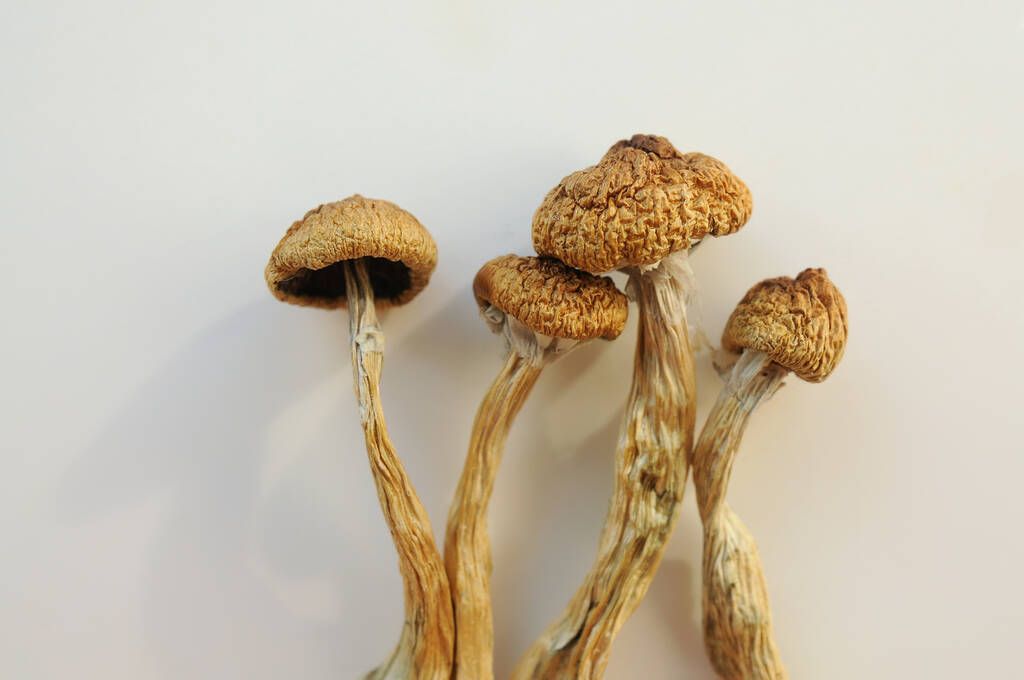The results of a new study using an animal model “demonstrate that psilocybin elicits robust, rapid and sustained antidepressant-like effects”.

Dried psilocybin.
The study was published in the recent issue of the Journal of Psychopharmacology, and it was conducted by researchers at the Beijing Institute of Pharmacology and Toxicology, the Inner Mongolia Traditional Chinese and Mongolian Medical Research Institute, and Capital Medical University, all in China.
“Psilocybin offers new hope for treating mood disorders due to its rapid and sustained antidepressant effects, as standard medications require weeks or months to exert their effects”, states the study’s abstract. “However, the mechanisms underlying this action of psilocybin have not been identified.”
The aim of this study was to “investigate whether psilocybin has rapid and sustained antidepressant-like effects in mice and investigate whether its potential mechanisms of action are related to promoted neuroplasticity.”
Researchers first “examined the antidepressant-like effects of psilocybin in normal mice by the forced swimming test and in chronic corticosterone (CORT)-exposed mice by the sucrose preference test and novelty-suppressed feeding test. Furthermore, to explore the role of neuroplasticity in mediating the antidepressant-like effects of psilocybin, we measured structural neuroplasticity and neuroplasticity-associated protein levels in the prefrontal cortex (PFC) and hippocampus.”
Researchers observed that “a single dose of psilocybin had rapid and sustained antidepressant-like effects in both healthy mice and chronic CORT-exposed mice.”
Moreover, “psilocybin ameliorated chronic CORT exposure-induced inhibition of neuroplasticity in the PFC and hippocampus, including by increasing neuroplasticity (total number of dendritic branches and dendritic spine density), synaptic protein (p-GluA1, PSD95 and synapsin-1) levels, BDNF-mTOR signalling pathway activation (BDNF, TrkB and mTOR levels), and promoting neurogenesis (number of DCX-positive cells).”
Researchers conclude by stating “Our results demonstrate that psilocybin elicits robust, rapid and sustained antidepressant-like effects which is accompanied by the promotion of neuroplasticity in the PFC and hippocampus.”







